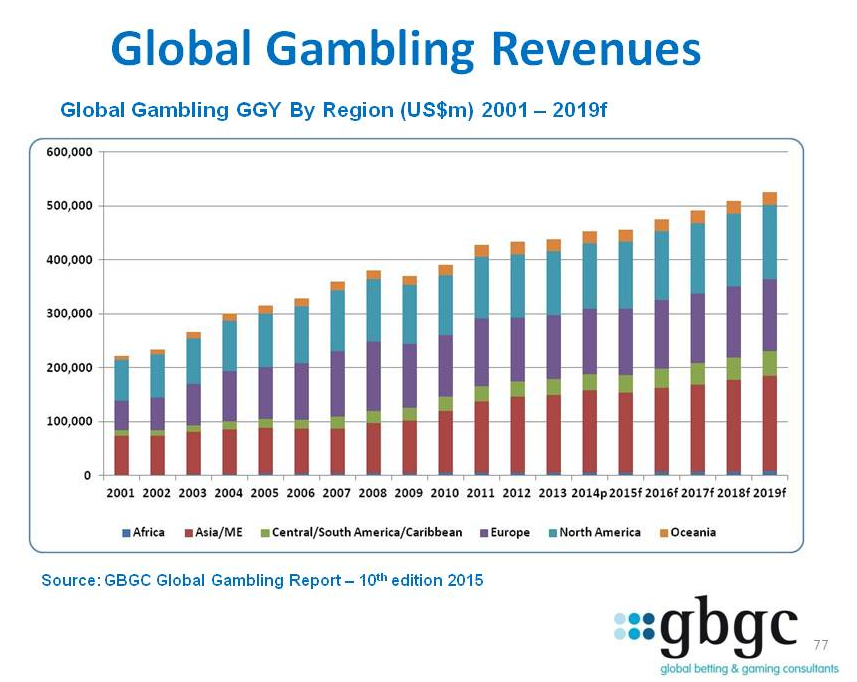Although Taiwan has legislated to legalize public welfare lotteries and sports lotteries, and Article 10-2 of the Outlying Islands Construction Regulations expressly stipulates that casinos can be set up in the outlying islands approved by the referendum in the form of international tourist resorts,
However, there are currently no tourist casinos, and the regulations of tourist casinos are as follows:
Sightseeing casinos are limited to outlying islands: According to Article 10-2 of the Outlying Islands Construction Regulations amended in 2008, sightseeing casinos can only be located on outlying islands that have passed the game referendum, and must be attached to the International Tourism Resort (Integrated Resort) in accordance with the Singapore model .
Game referendum results on outlying islands: From 2009 to 2017, a total of 4 game referendums were held (in Kinmen, Matsu, and Penghu). Only in 2012 in Matsu's game referendum passed.
Legislative progress: In 2009, the Ministry of Communications commissioned the drafting of regulations on the management of tourist casinos. Although the draft was reviewed and approved by the Executive Yuan in 2013, it has yet to be reviewed by the Legislative Yuan.
Therefore, no real sightseeing casino has been set up in Taiwan so far.
However, in this island, there is no specific gaming industry law, only the Criminal Law of Gambling. Except for sports lottery and public welfare lottery, other gambling activities are illegal:
(criminal law.266) A person who gambles with property in a public place or a place where the public has access shall be fined not more than 1,000 NTD. However, this does not apply to those who gamble with things for temporary entertainment.
(criminal law.266) Gambling equipment on the spot and property at the gaming table or exchange chip, regardless of whether they belong to the prisoner or not, shall be confiscated.
(criminal law.268) Those who intend to make profits by supplying gambling places or gathering crowds for gambling shall be sentenced to fixed-term imprisonment of not more than three years and may be fined not more than 3,000 NTD.
Among them, the crime of profit-making gambling in criminal law .268 is applicable to online gaming operators!
"The crime of providing gambling venues for profit in the Criminal Law does not require that the venues be accessible to the public. It is the gambling venues, as long as there is a certain place for people to gamble and property.
It does not mean that there must be a certain space for people to go to.
Also considering the advances in technology today, telephone, fax, and the Internet can all be used as tools for conveying gambling information. Those who provide websites for people to gamble with subjective profit intentions are also a type of gambling establishments.
However, the only difference between signing gambling property in person and signing gambling property with a fax or phone number is only the difference in behavior..." (Criminal Judgment No. 323, Tainan Branch of the Taiwan High Court)
Therefore, we will see that casinos often restrict membership and will not allow you to directly see the page, which constitutes a non-public place and does not satisfy the provision of places.
In addition, Taiwan's criminal law only punishes crimes within the territory of the R.O.C., and crimes committed in other countries are not within the jurisdiction of Taiwan's criminal law; as long as the act or result of a crime is within the territory of the R.O.C., it is considered a crime within the territory of the R.O.C. The relevant provisions are as follows:
Article 3 of the Criminal Law: This Act shall apply to those who commit crimes within the territory of the R.O.C. A person who commits a crime on a ship or aircraft of the R.O.C outside the territory of the R.O.C. shall be regarded as committing a crime within the territory of the R.O.C.
Article 4 of the Criminal Law: If the act or result of a crime is within the territory of the R.O.C, it is a crime within the territory of the R.O.C.
So to extend an interesting topic;
Although overseas online games are gambling under the definition of criminal law, is it under the jurisdiction of Our criminal law?
Is the provision of overseas online gaming peripheral support services prohibited by the laws of our country?
At present, Taiwan's criminal law does not expressly stipulate whether the provision of such peripheral support services is legal.
The Ministry of Justice explained that if the behavior and results of the game do not occur in the territory of our country, the overseas online game activities are not subject to the jurisdiction of the criminal law.
Ministry of Economic Affairs: It has been confirmed that several overseas online game peripheral support services can be legally registered as companies, and there are types of industries that can be registered according to their nature.
However, according to current relevant judicial decisions, if online gaming meets the following four criteria, in principle, it will not be considered as gambling within the territory of the R.O.C., but as "overseas online gaming."
1. No operation in Taiwan
2. No players in Taiwan
3. No operating server in Taiwan
4. No cash flow in Taiwan
(Note, this is based on the results of the current judgment. Whether the law will be amended in the future or the judge will explain otherwise will not know whether the standard will change)
Since "overseas online gaming" is not a crime under the criminal law, providing peripheral support services for overseas online gaming companies in Taiwan, for the time being, can be said to "should" not constitute "assisting crimes".
I must emphasize that this is the current situation, and the judgments in recent years have gradually increased the scope of "assisting crimes". Don't try the law by yourself.
In the later period, I will also talk about the changes in judgments related to online gaming in recent years.




